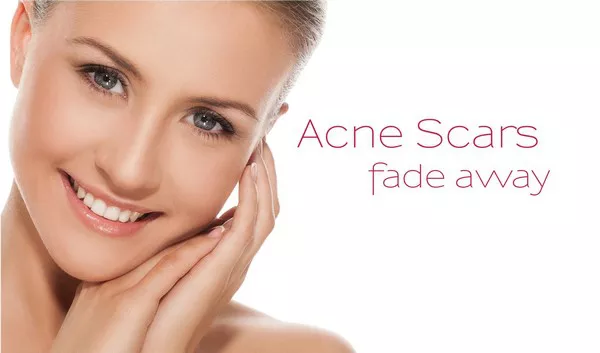Vitamin E, an essential fat-soluble nutrient, has garnered attention for its potential role in promoting skin health and aiding in the healing process. From scars and wounds to various skin conditions, the question arises: does vitamin E truly help skin heal? In this article, we delve into the scientific evidence to explore the benefits and efficacy of vitamin E in skin healing. By understanding the potential advantages and limitations, you can make informed decisions about incorporating vitamin E into your skincare routine.
The Role of Vitamin E in Skin Health
1. Antioxidant Properties
Vitamin E is a powerful antioxidant that helps protect the skin from damage caused by harmful free radicals. Free radicals can accelerate the aging process and contribute to skin issues such as wrinkles, fine lines, and pigmentation.
2. Moisturizing Effects
Vitamin E has emollient properties that aid in moisturizing the skin. By maintaining the skin’s natural moisture barrier, vitamin E can help prevent dryness and maintain overall skin health.
See Also: Why Vitamin E Matters: 5 Health Benefits
The Healing Process: Scar Reduction and Wound Healing
1. Scar Reduction
Vitamin E has been touted as a remedy for scar reduction. Some studies suggest that applying vitamin E oil or creams to scars may help improve their appearance over time by promoting skin cell regeneration.
2. Wound Healing
Vitamin E’s anti-inflammatory properties may contribute to wound healing. By reducing inflammation, vitamin E could potentially aid in the body’s natural healing process and minimize discomfort.
Scientific Studies and Findings
1. Scar Reduction Controversy
While some anecdotal evidence supports the use of vitamin E for scar reduction, scientific studies have produced mixed results. Some studies suggest that applying vitamin E directly to scars may not significantly improve their appearance and may even cause adverse reactions in some individuals.
2. Wound Healing Studies
Research on the direct impact of vitamin E on wound healing is limited and inconclusive. More studies are needed to determine whether vitamin E can play a consistent and significant role in promoting wound healing.
The Importance of Proper Application
1. Topical Application
When considering the use of vitamin E for skin healing, topical application is the most common approach. Vitamin E oil, creams, and ointments are available for purchase and can be applied directly to the skin.
2. Patch Test
Before applying vitamin E products to a larger area of skin, it’s advisable to conduct a patch test. This helps identify any potential allergic reactions or skin sensitivities.
Incorporating Vitamin E into Your Skincare Routine
1. Consultation with a Dermatologist
Before introducing vitamin E products into your skincare routine, it’s recommended to consult a dermatologist. They can provide personalized advice based on your skin type, concerns, and any preexisting conditions.
2. Balanced Skincare Routine
Vitamin E should be part of a comprehensive skincare routine that includes other essential elements such as cleansing, moisturizing, and sun protection. Combining vitamin E with a balanced routine can yield better results.
Potential Side Effects and Precautions
1. Allergic Reactions
While vitamin E is generally considered safe for most people, some individuals may experience allergic reactions, redness, or irritation when applied topically.
2. Interaction with Other Products
Vitamin E can interact with certain medications or other skincare products. It’s important to inform your dermatologist of any other products you are using to avoid adverse interactions.
See Also: Does Liquid Vitamin E Help Scars? [Revealed!]
Natural Sources of Vitamin E
1. Dietary Sources
In addition to topical application, incorporating vitamin E-rich foods into your diet can contribute to overall skin health. Foods like nuts, seeds, vegetable oils, and leafy greens are excellent sources of vitamin E.
2. Supplementation
Some individuals may consider vitamin E supplements for skin health. However, it’s crucial to consult a healthcare professional before starting any supplementation regimen.
Conclusion
In conclusion, the question of whether vitamin E helps skin heal is nuanced and influenced by scientific research, individual skin type, and proper application. While vitamin E offers antioxidant properties and potential benefits in promoting skin health, its direct impact on scar reduction and wound healing is still a subject of ongoing study. Consulting a dermatologist, conducting patch tests, and maintaining a balanced skincare routine are essential steps in incorporating vitamin E into your skincare regimen. By combining proper application with a healthy lifestyle and a well-rounded skincare routine, you can harness the potential benefits of vitamin E for your skin’s overall health and appearance.


